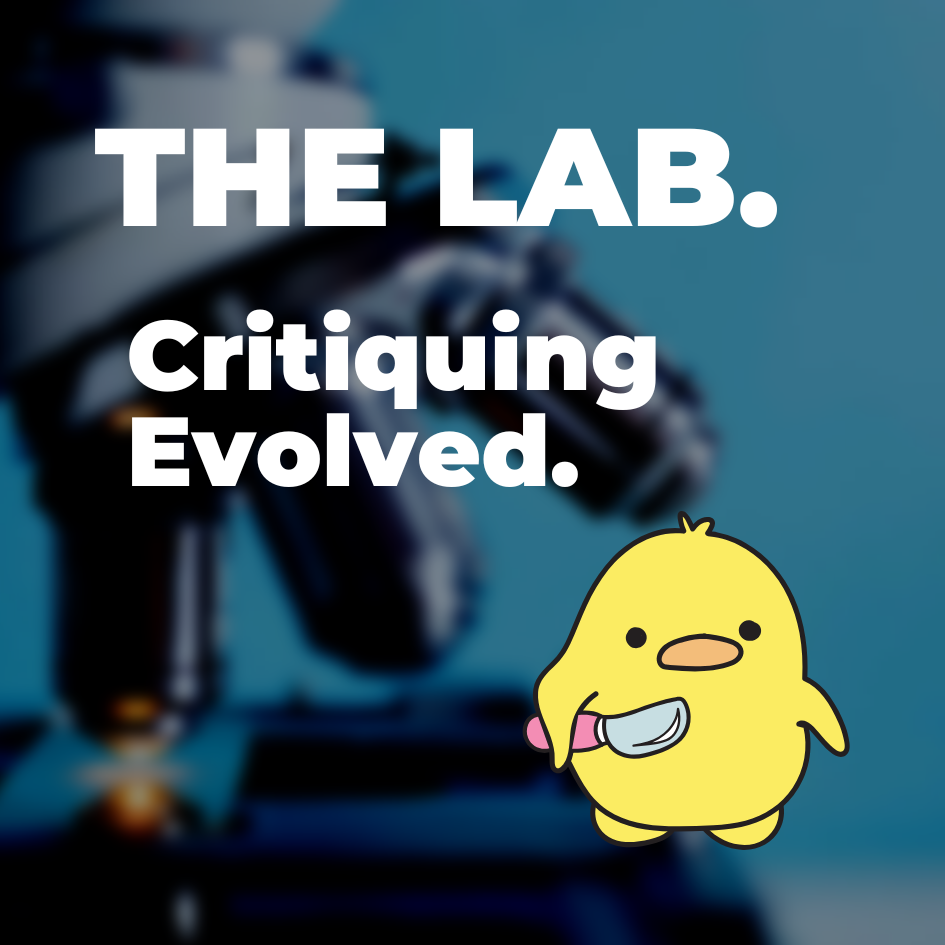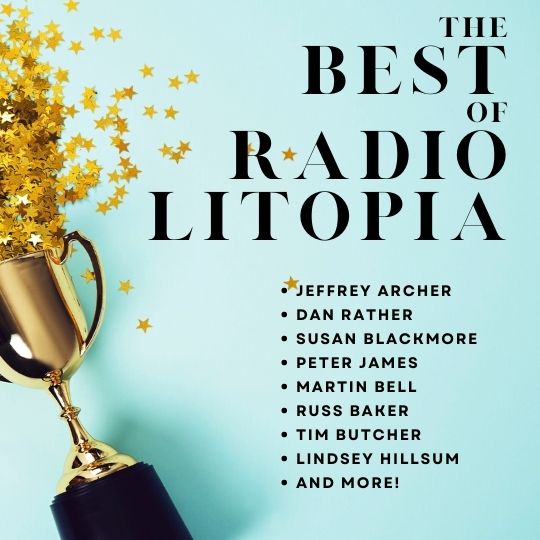Perhaps we really don't serve the Muse by wondering who is going to publish our novel, who is going to read it, or like it, and what the reader might think about us, the writer, as a person?
Cream rises to the top, and scum can form there too, but a compelling story should be able to find a home somewhere in the publishing pantheon.
What makes for a compelling read?
I think maybe it is ultimately about Identification. Instinct is the common touchstone, the magic defying further analysis.

Fear paralyses. I suppose you need to be think skinned enough to be sensitive or the Muse won't be your deity in the first place, but you need thick skinned enough to say, OK, I am going to bring it! And if you don't like it, I don't care, and anyway, I'm just a messenger.
'Spirits from the vasty deep', each and every one of us.
It's as supra-personal, as it is personal. It's about the collective consciousness, maybe even the collective unconsciousness.
This from an interview published in The Guardian: Elizabeth Strout.
“You know, there’s always autobiography in all fiction,” Strout says. “There are pieces of me in every single character, whether it’s a man or a woman, because that’s my starting point, I’m the only person I know. But yes, Sarah Payne ... I realised in that scene, ‘OK, here’s a chance to let people know.’” She goes on to explain: “You can’t write fiction and be careful. You just can’t. I’ve seen it with my students over the years, and I think actually the biggest challenge a writer has is to not be careful. So many times students would say, ‘Well, I can’t write that, my boyfriend would break up with me.’ And I’d think ...” she sucks her teeth, “‘Well, OK, I’m sorry, I don’t really have much more to tell you.’ You have to do something that’s going to say something, and if you’re careful it’s just not going to work.” Or, as Sarah Payne tells Lucy, “We all love imperfectly. But if you find yourself protecting anyone as you write this piece, remember this: You’re not doing it right.”
Cream rises to the top, and scum can form there too, but a compelling story should be able to find a home somewhere in the publishing pantheon.
What makes for a compelling read?
I think maybe it is ultimately about Identification. Instinct is the common touchstone, the magic defying further analysis.

Fear paralyses. I suppose you need to be think skinned enough to be sensitive or the Muse won't be your deity in the first place, but you need thick skinned enough to say, OK, I am going to bring it! And if you don't like it, I don't care, and anyway, I'm just a messenger.
'Spirits from the vasty deep', each and every one of us.
It's as supra-personal, as it is personal. It's about the collective consciousness, maybe even the collective unconsciousness.
This from an interview published in The Guardian: Elizabeth Strout.
“You know, there’s always autobiography in all fiction,” Strout says. “There are pieces of me in every single character, whether it’s a man or a woman, because that’s my starting point, I’m the only person I know. But yes, Sarah Payne ... I realised in that scene, ‘OK, here’s a chance to let people know.’” She goes on to explain: “You can’t write fiction and be careful. You just can’t. I’ve seen it with my students over the years, and I think actually the biggest challenge a writer has is to not be careful. So many times students would say, ‘Well, I can’t write that, my boyfriend would break up with me.’ And I’d think ...” she sucks her teeth, “‘Well, OK, I’m sorry, I don’t really have much more to tell you.’ You have to do something that’s going to say something, and if you’re careful it’s just not going to work.” Or, as Sarah Payne tells Lucy, “We all love imperfectly. But if you find yourself protecting anyone as you write this piece, remember this: You’re not doing it right.”




